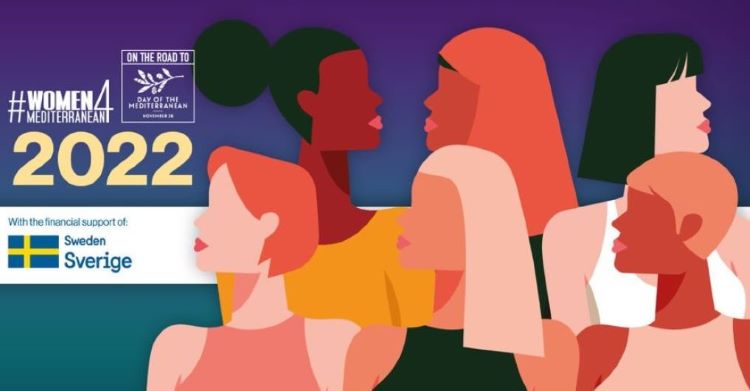The Diplomat
The main associations of diplomats, with the support of the Spanish Federation of Associations of the Senior Bodies of the Civil Administration of the State (FEDECA), have issued a statement rejecting accusations of nepotism in the hiring of family members in Embassies and other public centres abroad.
The statement, signed by the Association of Spanish Diplomats (ADE), the Association of Spanish Diplomatic Women (AMDE), the Association of Families of Diplomats and Foreign Service Officials (AFD) and ExteriorEsDiverso, responds to information recently published by the newspaper ABC on the hiring of several spouses of staff posted to Spanish diplomatic missions in Washington.
The diplomats defend the fact that the selection processes were carried out “in scrupulous compliance with current regulations”, as the Ministry of Foreign Affairs has also pointed out, and maintain that “it is unacceptable that, by arguing alleged favouritism, the legitimate right of spouses and partners of public employees abroad to compete for and be awarded a post in an office abroad should be called into question”.
Thus, they recall that the Law of Action and Foreign Service provides that the central bodies of the State Foreign Service will facilitate job opportunities for spouses and partners and that public employees of the General State Administration (AGE) “will have preference, in the case of competition with other applicants and provided that there is equality of merit between them”.
However, according to the associations, “in practice these legal mandates are not being applied”. “Paradoxically, far from there being a preference in the hiring of these spouses and partners, what is observed is that they are dissuaded from applying for competitions to avoid suspicions of favouritism,” they argue.
They argue that “spouses and partners of civil servants posted abroad and accompanying them in order to better preserve the family unit are severely hampered in their own professional careers”, in many cases having to leave their jobs temporarily or permanently. In addition, “they encounter legal and practical difficulties in finding work in the countries where their spouses or partners are posted, especially in some countries”.
All this, they stress, “has an impact on their social security contributions and, consequently, on their future retirement pensions”. “Not allowing them to apply for competitions for the posts offered would represent discrimination and would violate the constitutional principles of equality, merit and ability”.
“It is not about nepotism, it is about conciliation”, the associations argue, stressing that “the difficulties of family conciliation derived from this situation” mean that public employees are forced to “decide between their family and opting for posts abroad”, with the consequent “additional impact on effective equality between men and women in the AGE”.
“Beyond the attack on the right to conciliation, this situation undermines the Foreign Service itself, which – it is worth remembering – is fundamentally dedicated to serving Spanish society”, argue FEDECA and the diplomatic associations.
On this point, they stress that “in some cases it is discriminatory with respect to highly qualified people” and on the other hand “it would prevent many jobs offered by the AGE abroad that are difficult to fill due to their uncompetitive salaries, from being perfectly filled by spouses and partners who have more than enough merit and skills to do so”.
Thus, they consider it urgent “to find solutions to the reconciliation in the Foreign Service” and therefore urge the Government to “comply with the measures provided for in this regard” in the 2014 law, “which among other issues, required the Ministry of Finance and Public Service to prepare, within six months of its entry into force, a report on the situation of spouses or domestic partners of civil servants or displaced workers, who do not have the status of employee regarding their possible access to cover existing jobs in the National Government and its dependent bodies abroad”.







